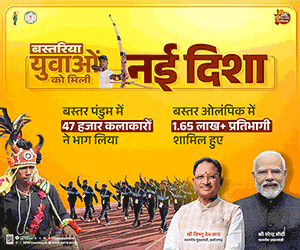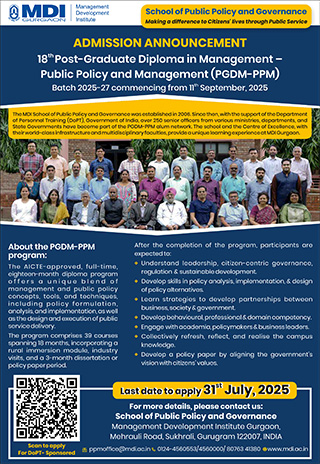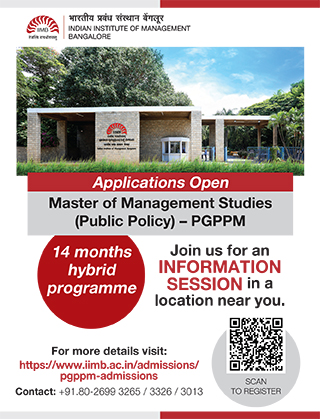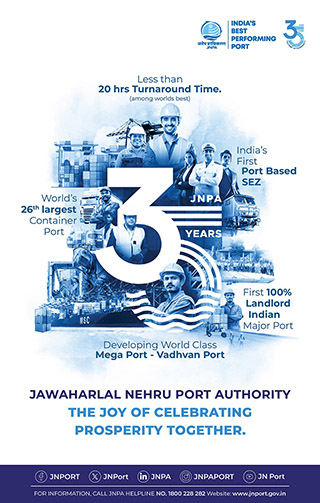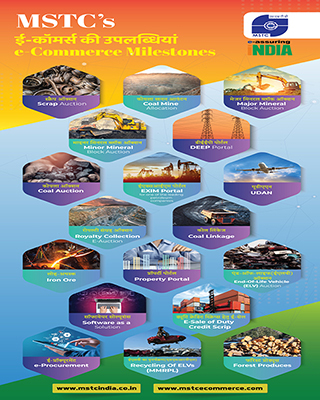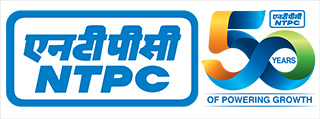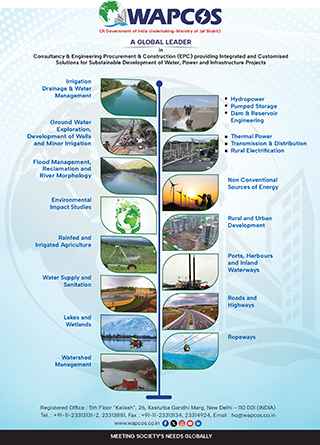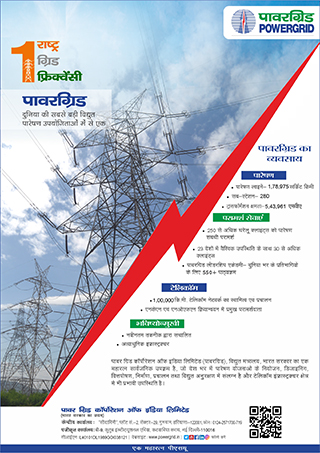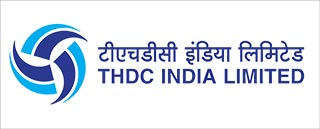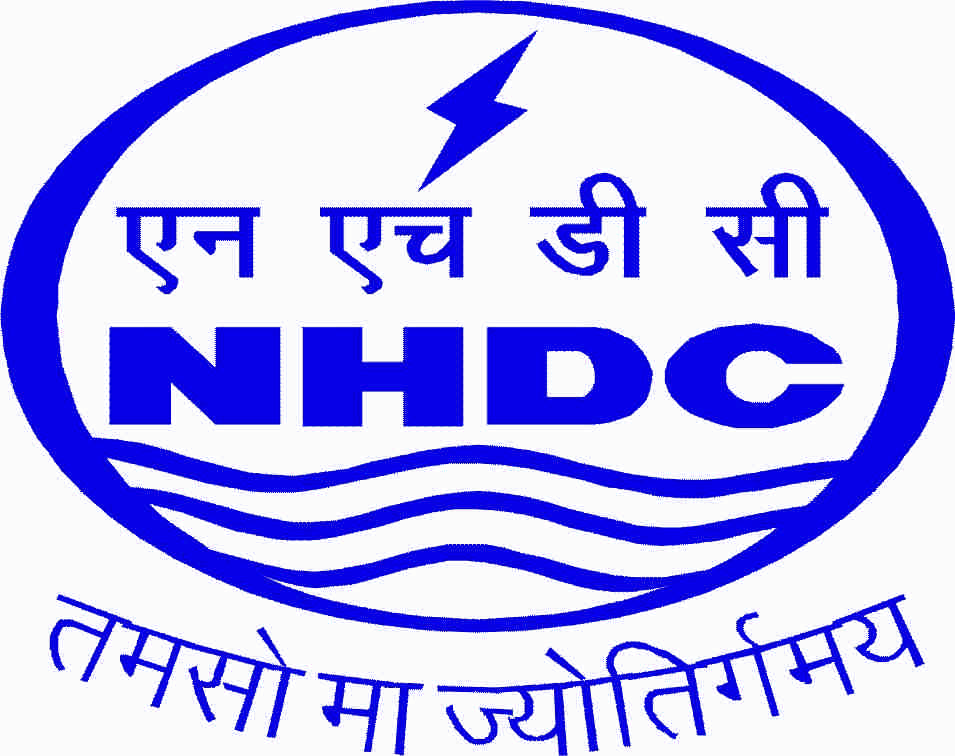whispers in the corridors
Making study of International Relations mandatory for a career in Indian Diplomacy
The relevance of study of International Relations is felt, in general, in fields such as policy analysts and journalism in this increasingly globalized society. In particular, for a career in diplomacy, the relevance of study of international relations cannot be undermined and hence basic graduate or postgraduate level study of international relations should be made mandatory for an even more successful diplomatic manoeuvre.
Like in the case of a career in any of the other elite Services, such as Indian Economic Service (IES) or Indian Statistical Service (ISS) a candidate has to possess a postgraduate degree in Economics or Applied Economics or Econometrics or Business Economics. For pursuing a career in Indian Engineering Service (IES) a candidate is required to have an Engineering Degree to appear in IES as also clear specific examination conducted by Institution of Engineers. Similarly, for a career in Indian Forest Service (IFS), a degree in agriculture, forestry or engineering is essential.
On similar lines, the qualification required compulsorily for a career in diplomacy viz., the Indian Foreign Service, should be a minimum degree or post graduate study in international relations as the study embodies a critical perspective and has broad areas of focus that enable one to go deeper into the field of diplomacy as also provide a comprehensive understanding of global politics. Without a thorough knowledge of the ongoing global political events the gap that might arise during the course of one’s diplomatic career owing to lack of knowledge of international affairs, can prove detrimental.
Moreover, there are several other reasons which makes the study of international relations highly relevant for diplomacy. In today's interconnected world, events and developments in one part of the globe can have significant repercussions elsewhere. Understanding international relations helps diplomats comprehend global dynamics, identify opportunities, and navigate challenges. Secondly, knowledge of international relations is crucial for navigating the complex web of economic relationships. As the nation continues to integrate into the global economy, diplomats need to understand trade policies, economic alliances, and global economic trends to promote our economic interests. Issues such as terrorism, cyber threats, and regional conflicts have a global dimension. A solid understanding of international relations is essential for diplomats to engage with other nations in addressing security challenges, formulating joint strategies, and promoting regional stability.
Diplomacy often involves negotiations and dialogue. A comprehensive understanding of international relations equips diplomats with the skills to negotiate effectively, build alliances, and represent nation's interests on the global stage. Then there is the soft power projection such as cultural diplomacy, vaccine diplomacy, educational exchange programs, and promoting Indian arts and culture which are all integral components of soft power. An understanding of international relations helps in leveraging soft power to enhance India's image and influence globally. India actively participates in various international organizations such as the United Nations, BRICS, G20, and others. Each and every diplomat is equally required to navigate these multilateral forums effectively, understanding the intricacies of international relations to advocate for our position and contribute to global governance.
Issues such as climate change, pandemics, and environmental concerns need to be urgently addressed and can only be resolved with a collective approach and as such require international cooperation. Indian diplomats, armed with knowledge in international relations, can engage in collaborative efforts to address global challenges that transcend national borders.
Understanding the dynamics of South Asian and neighbouring regions is crucial for India's foreign policy. Knowledge of International Relations helps Indian diplomats navigate regional complexities, foster cooperation, and address conflicts effectively. With the increasing role of technology in shaping international relations, diplomats need to engage in technology and innovation diplomacy. This involves managing issues related to cybersecurity, digital trade, and emerging technologies, which have global implications. The study of international relations provides insights into human rights issues and international law. Diplomats well versed with international relations can engage in discussions on these topics, advocate for human rights, and contribute to the development and adherence to international legal frameworks.
In summary, the study of international relations is rather absolutely essential for a successful career in diplomacy as it provides the necessary tools and insights to navigate the complex, interconnected global landscape and advance nation's interests on the world stage. It is high time, selection process for a career in diplomacy is pruned and segregated with a separate examination pattern, if possible, based on a thorough study of international relations, just on the lines of selecting candidates for Indian Economic Service, Indian Statistical Service, Indian Engineering Service, Indian Forest Service, etc.
Subbiah Sridhar




















